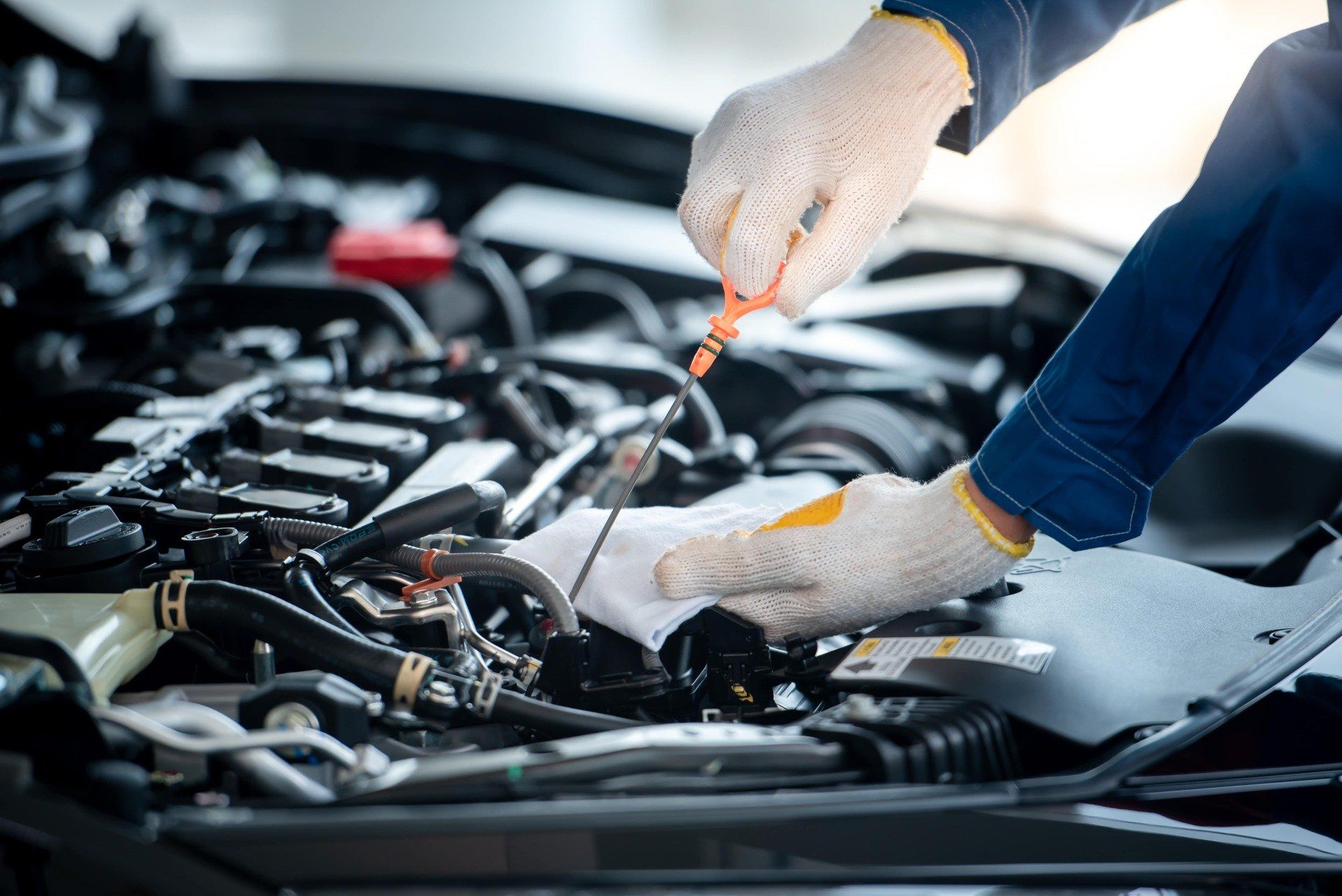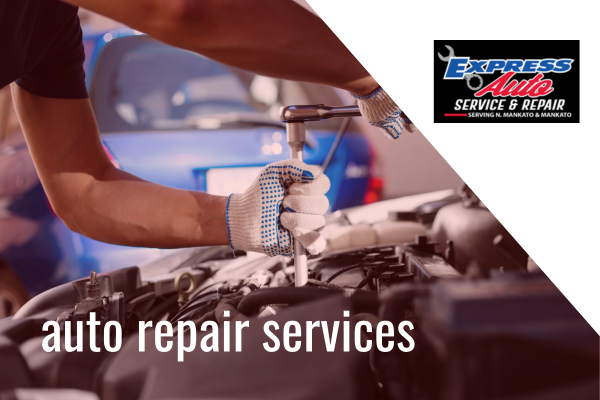All Categories
Featured
Regular engine tune-ups are necessary for keeping your car's efficiency, enhancing gas performance, and prolonging its life-span. Whether you're a seasoned automobile owner or a beginner, understanding the essential elements of an engine tune-up can aid you maintain your vehicle running efficiently for many years. Below are some essential ideas to lead you through the procedure.
- Adjustment the Flicker Plugs. Trigger plugs are tiny but magnificent elements that play a vital duty in stiring up the fuel-air mixture in your engine. In time, they can wear or come to be fouled, causing bad engine efficiency, lowered gas effectiveness, and tough beginnings.
During a tune-up, inspect your ignition system for wear and replace them as necessary. For a lot of lorries, trigger plugs should be changed every 30,000 to 100,000 miles, depending upon the kind and product. Fresh stimulate plugs guarantee efficient burning and smoother engine procedure.
- Check and Replace the Air Filter. The air filter is your engine's initial line of protection versus dirt, debris, and various other impurities. A blocked or filthy air filter can restrict air movement, creating your engine to function more challenging and take in even more gas.
Check your air filter during a tune-up and replace it if it's unclean or past its recommended solution period. A tidy air filter boosts engine performance and improves gas economic situation.
- Examine the Fuel System. In time, your gas system can build up dirt and carbon down payments, reducing engine efficiency and fuel effectiveness. Cleaning the gas injectors and gas lines throughout a tune-up aids keep correct fuel shipment and burning.
You can use a gas system cleaner or have an expert mechanic execute a much more comprehensive cleaning. This step is especially helpful for older automobiles or cars and trucks often driven in stop-and-go website traffic.
- Check the Belts and Hoses. Belts and hoses are essential for various engine features, such as running the alternator, water pump, and cooling. Throughout a tune-up, check for fractures, fraying, or indicators of wear on these elements.
Change any worn-out belts and hoses to avoid potential failures. A busted belt or leaking pipe can bring about engine getting too hot or loss of power, so attending to these concerns without delay is essential.
- Change the Engine Oil and Oil Filter. Engine oil is crucial for oiling moving components, reducing rubbing, and controling engine temperature level. Over time, oil ends up being contaminated and loses its efficiency.
As part of a tune-up, replace the engine oil and oil filter. Make use of the sort of oil advised by your lorry's maker and stick to the suggested change intervals. Tidy oil maintains your engine running smoothly and stops early wear.
- Test the Battery and Billing System. A healthy and balanced battery is important for starting your car and powering its electric systems. Throughout a tune-up, examine the battery's voltage and check the terminals for corrosion. Tidy the terminals if required and make sure a safe link.
Furthermore, test the generator and billing system to ensure your battery remains charged during procedure. If your battery is weak or old, think about changing it to avoid unexpected failures.
- Flush and Fill Up the Coolant. The air conditioning system regulates your engine's temperature level, preventing it from overheating. Old or contaminated coolant can shed its performance, leading to possible engine damage.
Throughout a tune-up, purge the old coolant and change it with a fresh mix. Evaluate the radiator, thermostat, and hose pipes for leaks or damage. Keeping the air conditioning system in excellent problem guarantees your engine operates at the right temperature.

- Address Warning Lights and Uncommon Signs. Modern lorries are outfitted with analysis systems that notify you to prospective issues through dashboard caution lights. If your check engine light or any type of other warning indicators are on, address them throughout your tune-up.
Additionally, take note of unusual signs such as unusual noises, harsh idling, or decreased fuel performance. A specialist mechanic can detect and settle these problems throughout the tune-up process.
- Do Not Fail To Remember the Exhaust System. Your vehicle's exhaust system removes dangerous gases from the engine and guarantees appropriate emissions. Evaluate the exhaust system for leaks, rust, or damages during a tune-up. A malfunctioning exhaust system can affect engine efficiency and result in environmental and security problems.
- Use High-Quality Parts and Fluids. When changing parts or complementing liquids throughout a tune-up, always choose top quality items that satisfy your vehicle's specs. Making use of poor components or wrong fluids can negatively affect your engine's performance and longevity.
Verdict: Routine Tune-Ups Are Key to Engine Health. Taking the time to tune up your engine guarantees it operates successfully, conserves gas, and reduces the danger of malfunctions. Whether you carry out these tasks on your own or rely upon a relied on technician, routine tune-ups are an investment in your lorry's dependability and long life. Adhere to these pointers, and you'll appreciate a smoother, a lot more reliable experience for years to find.
Latest Posts
Learn About Montclare Auto Repair’s Top Auto Repairs and Why Drivers Trust Them
Find Exceptional Vehicle Maintenance Solutions from Montclare Auto Repair – Keep Your Car Running Smoothly
Explore Budget-Friendly Auto Repairs with Montclare’s Limited-Time Service Specials
More
Latest Posts
Learn About Montclare Auto Repair’s Top Auto Repairs and Why Drivers Trust Them
Find Exceptional Vehicle Maintenance Solutions from Montclare Auto Repair – Keep Your Car Running Smoothly
Explore Budget-Friendly Auto Repairs with Montclare’s Limited-Time Service Specials
